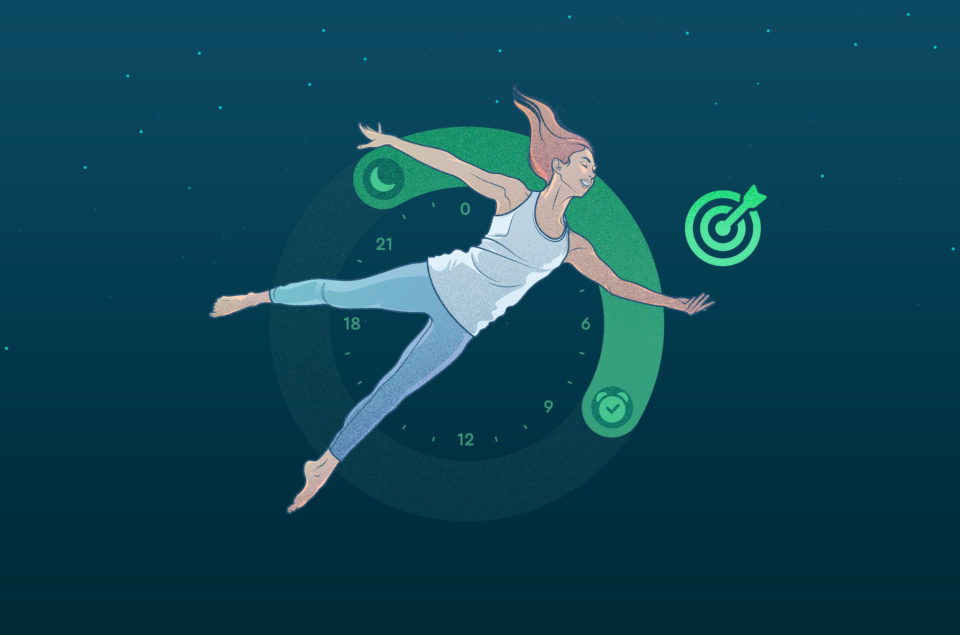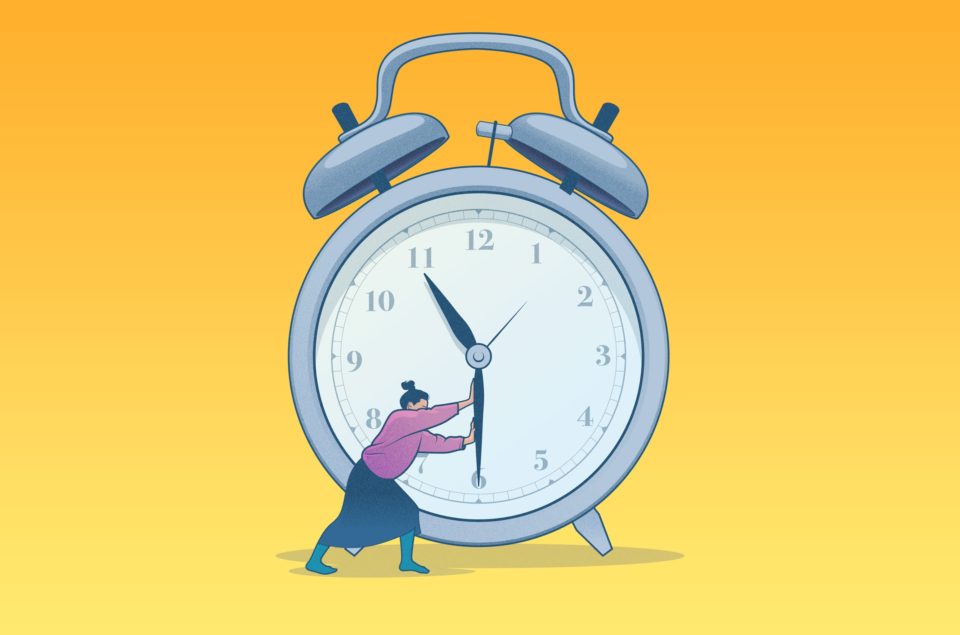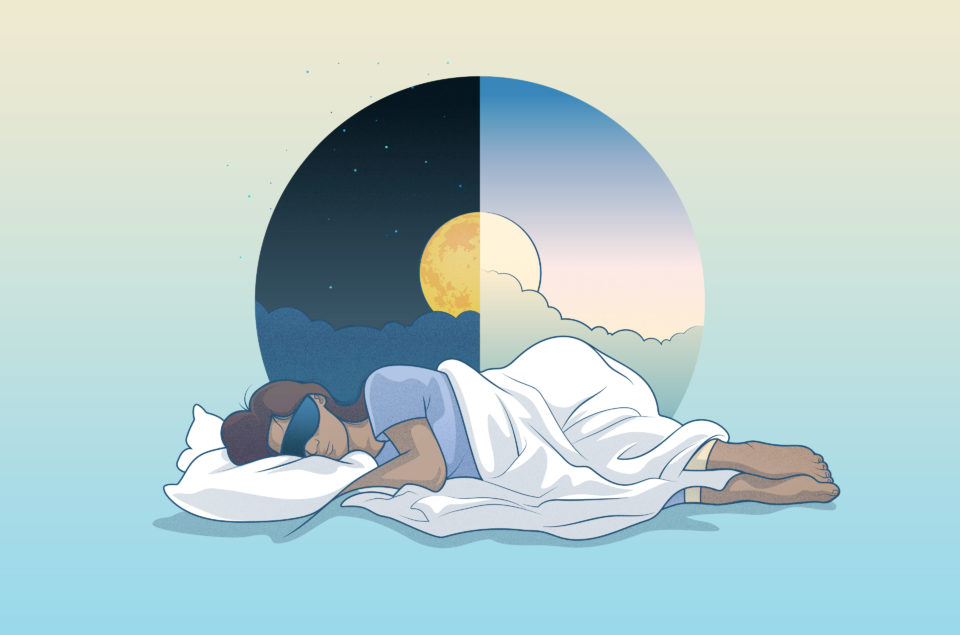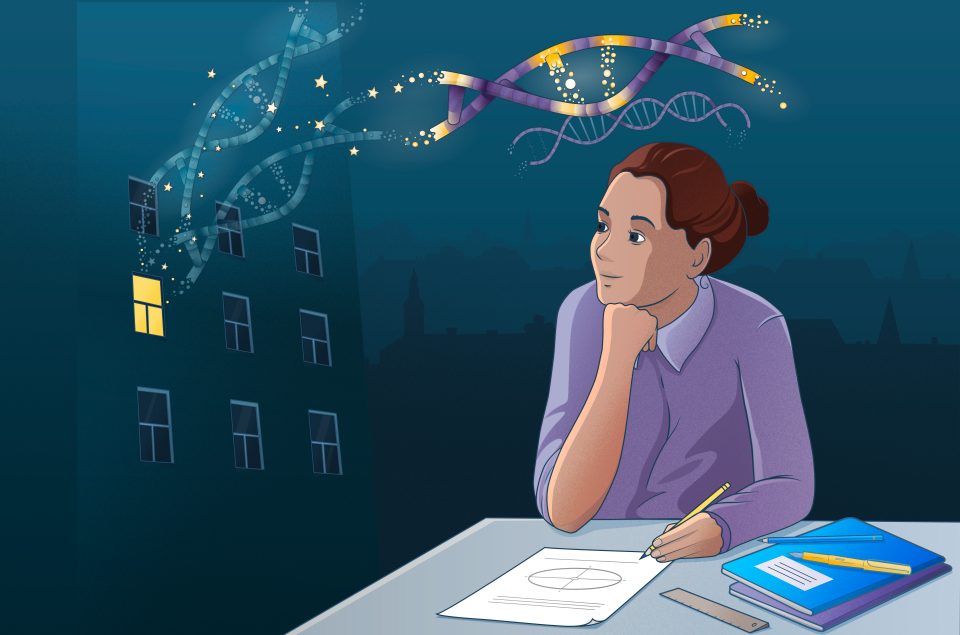New Year’s Eve – the last night of the year when we gather to mark the end of the previous year and usher in a new one. The tradition to celebrate and stay up till the stroke of midnight to mark the occasion is practiced worldwide, but what happens to your body clock when you stay up past midnight?
Staying up late? Prepare to sleep well 1st of January instead
If you’ve decided to stay up late to ring in the New Year, try the following recommendations to avoid falling into a challenging sleep-wake cycle and allow your body the best chance to recover and return to better sleep habits quickly.
- Avoid a long lie-in – As tempting as it may be – avoiding a late lie-in the morning after New Year’s Eve will be your best weapon in not prolonging a disrupted sleep pattern. Regularity is key to helping adjust the body’s circadian rhythm.
- Catch some sunlight – Start the new year in the best possible way by spending time outdoors soaking in some natural light. This way you’ll be able to reset your circadian rhythm. Sunlight works as an effective signal to the body’s circadian rhythm to stay awake during the day – equally the darkness regulates our body clock – telling us it’s time to sleep!
- Do a light workout – It may be hard to muster up the energy to do a warrior workout after a heavy night. However, you will benefit and most likely be rewarded with better sleep by incorporating some form of light exercise during the day. So, roll out that yoga mat!
- Choose food and drink wisely – The holidays leading up to the last night of the year don’t always make healthy food choices that help promote better sleep. Alcohol, fatty foods, and caffeine all contribute to restless, poor-quality sleep. Try avoiding these and keep hydrated with plenty of water.
- Power Nap – If you followed the advice of sticking to your regular wake-up time and avoiding a lie-in, but you’re finding it hard to get through the day, refresh yourself with a short power nap. However, make sure the nap is short and sweet and that it’s early enough in the day, so it doesn’t interfere with falling asleep later in the evening.
How our body clock works
Our circadian rhythm (our inner body clock) controls our sleep and wake cycle – essentially telling our bodies when we feel sleepy and when it’s time to wake up and it develops within us when we’re just a few months old. Put differently, circadian rhythms are physical, mental, and behavioral changes that follow a 24-hour cycle. These natural processes respond primarily to light and dark and affect most living things, including animals and plants. The prime example of the effect of this process is – sleeping at night and staying awake during the day.
- Regulating our Circadian Rhythm: Age, hormones, the cells in our body and metabolism all play a part in regulating our circadian rhythm. For example, the hormone melatonin, makes you sleepy and cortisol helps to keep you alert and awake. Our biological clock is composed of specific molecules that interact with cells throughout the body. Our eyes transmit information about our surroundings (for example whether it’s dark or light) to the cells in our body which gives cues to our body clock on when to be awake and when we feel sleepy. Keeping to regular sleep hours also helps to regulate our circadian rhythm.
- Disturbances to our Circadian Rhythm: External factors such as physical activities, screens at night-time which emit blue light or delayed sleep (such as a sleeping past midnight on New Year’s Eve) can cause a disrupted circadian rhythm. However, this sort of lifestyle disturbance would usually have to be over an extended period, to play havoc with your rhythm.
Going to bed after midnight? Optimal times to sleep
Although each person’s sleep patterns are unique and the hours considered necessary for a good night’s sleep also vary across different ages, the recommended number of hours for healthy adults tends to be 7 hours or more. The time of sleep can also be significant as a study at the University of Exeter found that sleeping by 10 pm was linked to a lowered risk of heart disease. Generally, across most age groups, it’s likely a good idea to be in bed before midnight. So, staying up on New Year’s Eve should be the exception rather than the rule.
Staying aware of how to allow your body to recover is key to avoiding a disrupted circadian rhythm. But although we love regularity – the odd night of delayed sleep won’t do any harm if you take care to not let it carry on for prolonged stretches of time. So, if you’re going to pick one night of the year when you stay up past midnight, and not turn into a pumpkin – let it be this New Year’s Eve!









